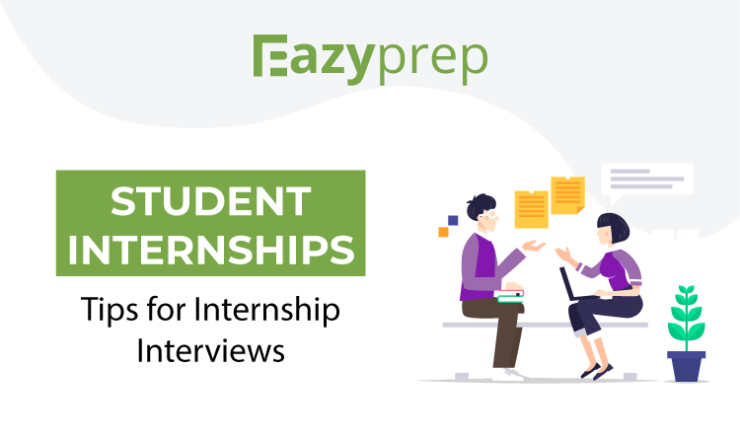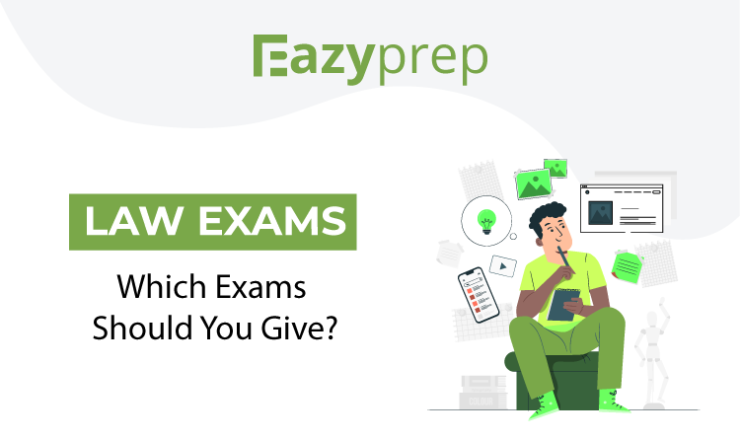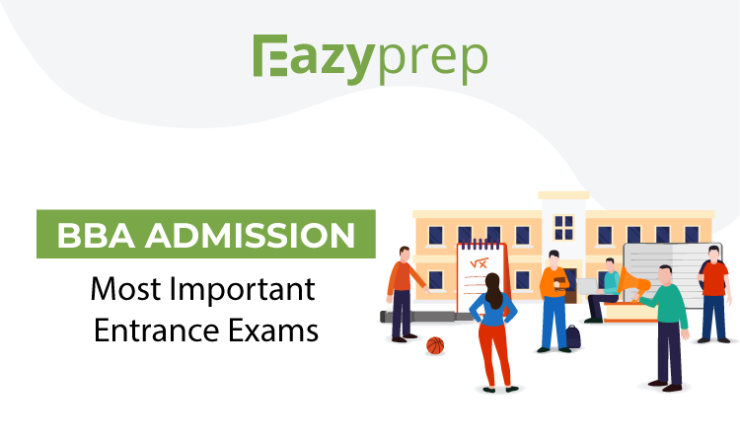![]()
We can’t deny the fact that preparing for exams is a difficult task and it also causes a lot of stress and anxiety among students, no matter whether you are appearing for board exams or entrance exams. However, instead of getting stressed and wasting your time overthinking, you can devise a clear cut plan to overcome the fear of the exam with Previous Years’ Question Papers.
Benefits of solving previous year question papers
It is observed that previous years papers can be a panacea for any entrance exam. Almost 30% of preparation can be done with the help of the past 5 to 6 years question papers. Many standard books and magazines are created with an idea to cover all past trends followed in the examination.
- Covers more syllabus in less time
Previous years’ question papers play a vital role in getting to know the exam syllabus and pattern. You will be able to get the blueprint of the exam, and thus march ahead more easily for your preparation.
- You will learn time management
Time management is the most important part of any competitive exam. If you are good at time management skills then your chances of clearing the exams increase exponentially.
- Familiarity with the test environment
While preparing if you practice the past few years’ papers on a regular basis, it will enhance the confidence level to a great extent. You will find yourself acclimatized to the exam environment and feel less nervous at the time of the exam.
How to solve previous years question papers
Here are some tricks and tips so that you can give a kickstart to your preparation. So let us discuss how to approach the previous year’s question papers.
- How many years of question papers
As previous years’ question papers are the most authentic source of the syllabus, many standard magazines, as well as exam preparation books, always include past 6 to 10 years of question papers in their content. Solve at least 10 years of question papers and try to analyze and figure out variations in patterns.
- Seriousness is a must
Previous year papers are a blueprint of your original exam. Hence, they must be dealt with as seriously as your real exam. There must be the same attitude and approach as that for a real exam, only then will you be able to succeed in the exams. Solving it by putting your entire mind and focus. This will help you also practice your focus and mindset for the long duration of the exam.
- Filter out the topics
Now that you are solving the question papers, do not do so blindly. Find out which topics are coming up frequently in the exam in previous years. There are some topics that carry more importance and are the main highlight of the section, so you need to focus more on those topics. Try to extract more questions that could be asked from that topic. Say, for example, you are preparing for the quantitative aptitude section and a topic called “ profit and loss” is asked repeatedly for the past 5 years, then make sure you prepare every sort of possible question that could be asked in the exam so as to ensure that no stones are left unturned.
- Analyze your weakness and strengths
If you are solving past year papers on a daily basis it is good! But there is no benefit of solving question papers daily if you are not aware of where analyzing your weak areas and strong ones. Previous year papers help you to know about your weaknesses and with that, you can prepare a strategy on how much you have to spend on each section of your entrance syllabus. Do not devote more time to the topics that you are already a master of and pay more attention to the topics where you are lagging and which can cause trouble for you in the exam.
- Strengthen your weak areas
This is the most important thing which can save your time and hard work as after solving papers and analyzing you will be aware of your weak areas in lesser time. So now at this stage, you need to find stuff and techniques to overcome and master your weak subjects.
- Again reattempt the question papers
Previous year papers will let you cover all the topics covered in one go and you will be able to analyze at which level of preparation you are and how much preparation is left. After working on your discrepancies re-attempt the question papers.
- Develop Time management skills
Always keep in mind the time you are taking to solve the questions. Every competitive exam is time-bound, so you will have to maintain accuracy as well as the time. Always attempt the question paper with time limitations, and try to consume less time than the allotted time so that you can revise your answers before submitting the paper. This can only be achieved through continuous practice.
Solving previous year papers is a good methodology that aids in reducing the stress and exam phobia to a great extent. It also helps to get familiarity with the test environment and makes students ready for facing even the toughest competition with great confidence.


